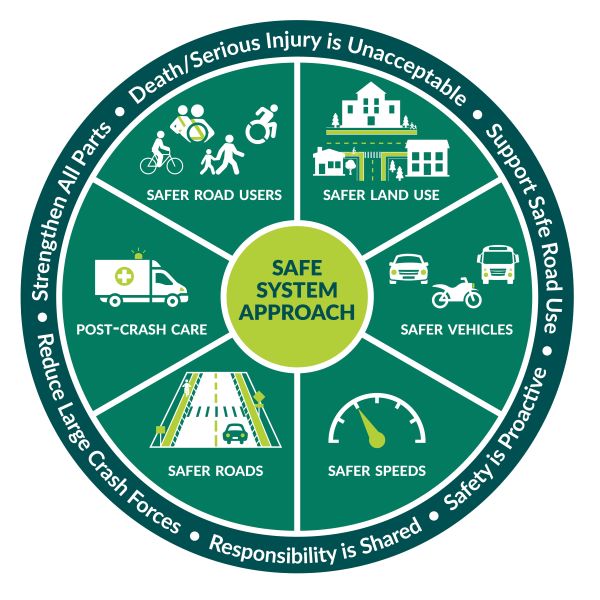SMAC
In 2023, Washington saw the highest number of roadway fatalities since 1990, with increases in deaths from distracted and impaired driving. A 2023 survey found that only one-third of respondents viewed speeding more than 10 MPH over the limit as very dangerous, even though speeding was a factor in 32% of fatalities over the past decade.
To address this, the state launched a Speed Management Program to reduce speed-related crashes and fatalities. This program takes a comprehensive approach, addressing factors like public awareness, behavior, roadway design, speed limits, and enforcement.
In January 2024, the Speed Management Cooperative (SMAC) was established to develop policies, recommendations, and a statewide speed management plan. SMAC focuses on working with communities to foster a traffic safety culture and reduce speeds through collaboration. The plan will incorporate the unique needs of Washington’s diverse communities and apply a “safe system” approach—emphasizing safer people, land use, roads, vehicles, speeds, and post-crash care. There are six foundational principles that inform the safe system approach: deaths and serious injuries are unacceptable, humans make mistakes, humans are vulnerable, responsibility is shared, safety is proactive, and redundancy is crucial. The ultimate goal is to eliminate traffic deaths and serious injuries in Washington.
Almost half the trips we take as individuals are less than five miles long, but many people who are able to will choose to drive short distances rather than bike or walk because they don’t feel they have sufficiently safe alternatives. We hope to change this paradigm by being the first state State Highway Safety Office and Department of Transportation to add a safe land-use policy to our Safe System Approach. Safer land use reduces exposure to crashes by shortening distances between where people live, learn, work and play so a vehicle does not have to be the default option for transportation, and so nondrivers have safe access to their destinations. Although the WTSC and WSDOT don’t make land-use decisions directly; we’re partners in building awareness of how land use affects traffic safety and it’s important to have this concept in Target Zero as a plan for all agencies.
Directory
Search
Contact
Washington Traffic Safety Commission
621 8th Avenue SE – Suite 409
Olympia, WA 98501
Phone: (360) 725-9860

